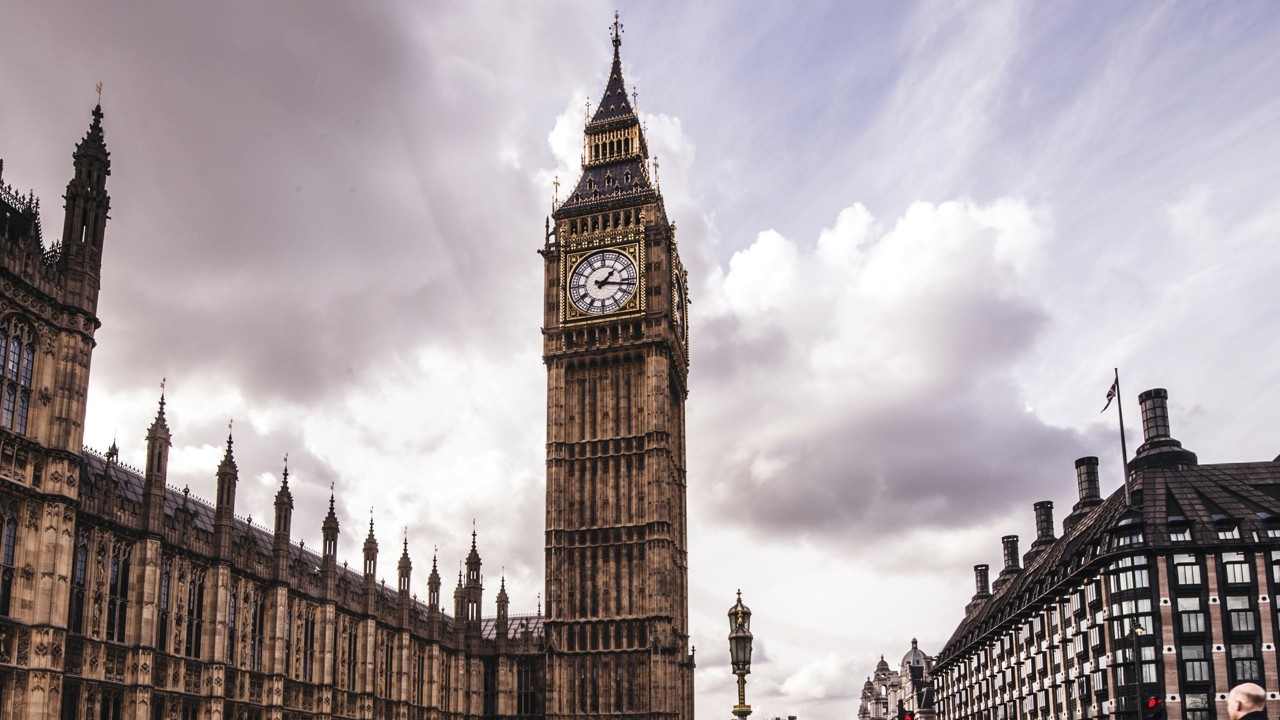Energy sector upskilling crisis is damaging progress to net zero
New research from City & Guilds shows UK energy workers think the sector isn't adequately prepared for a green future.

New research published today suggests it has never been more critical for the UK to move towards greener sources of energy production and our efforts must be bold if we are to meet our commitments in the race against climate change. Yet many UK energy workers don’t believe the sector is adequately prepared for a green future.
The research, which we worked on with City & Guilds explores the readiness of the UK energy sector workforce to meet the government's ambition to decarbonise the energy system by 2035. It also makes a number of skills based recommendations to help us secure a brighter future for all.
Bright futures - debarbonising the UK's energy workforce shows only 42% of energy sector workers feel that businesses in the sector are ready to meet the target to decarbonise energy production by 2035, with just 42% believing that the government is doing enough to support this change. But strong government and employer leadership will be critical given the significant changes we’re expecting to see in the energy jobs market. In fact, 60% of those working in the high carbon energy sector believe the move to decarbonise the power system will put their jobs at risk within the next 2 years alone (by 2025).
This comes as the energy jobs market is already undergoing seismic shifts. Analysis from economists at Lightcast finds that demand for low carbon workers is skyrocketing. For example, job postings for renewable energy managers grew by a staggering 1114% from 2019 to 2022. In contrast, job postings for oil and gas analysts have declined by 43.4% in the same time period.
The good news is that high carbon energy sector employees are open to the transition. In fact, 91% are willing to consider a role in low carbon industries now or in the future. But there are currently many barriers preventing people from moving to low carbon roles.
Andy Moss, Chief Customer Officer at City & Guilds said: “It’s great to know that over 90% of the high carbon energy workforce are interested in transitioning to greener jobs. To meet the skills needs of the sector, it’s vital we create opportunities for people to do just that.
“Yet, many employers have told us that uncertainty over the timing and scope of major energy projects inhibits their ability to invest in skills for the long-term. We must unite to tackle this, with industry and government working in partnership to equip the energy workforce with the green skills required for the future. If we don’t act now, we’ll almost certainly lose the race to a sustainable future.”
The research found that only a third (33%) of energy workers think that they have the skills they need to adapt to any future changes in the energy industry. On top of this, a quarter of energy sector employees (26%) say that they don’t know how to access training that will allow them to adapt to future changes in the industry.
Dr Hilary Leevers, Chief Executive of EngineeringUK said:
“The sector must work together with government to grow a diverse workforce able to achieve joint aims and ensure its prosperity into the future. The numbers in vocational training and studying at university are insufficient to meet demand. So, in addition to reskilling and retraining those already in work, it’s imperative there’s a sustained and growing investment in training and education, including apprenticeships, T levels and academic routes.
It's vital to invest in bringing a more diverse range of new entrants into engineering and technology, giving more young people from a wider range of backgrounds the chance to pursue a rewarding career and bring their different perspectives to the fore. Only by improving workforce diversity and enjoying the breadth of talent available can the sector fill its skills and labour gaps and maximise its innovation.”
Read Bright future - decarbonising the UK's energy workforce
It's vital to invest in bringing a more diverse range of new entrants into engineering and technology, giving more young people from a wider range of backgrounds the chance to pursue a rewarding career and bring their different perspectives to the fore. Only by improving workforce diversity and enjoying the breadth of talent available can the sector fill its skills and labour gaps and maximise its innovation.
— EngineeringUK Chief Executive, Dr Hilary Leevers












